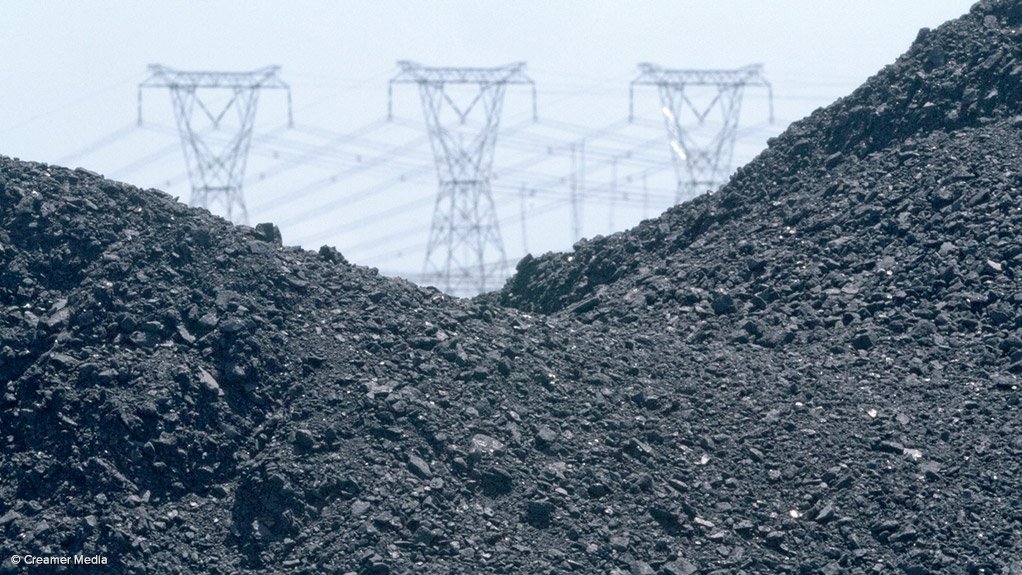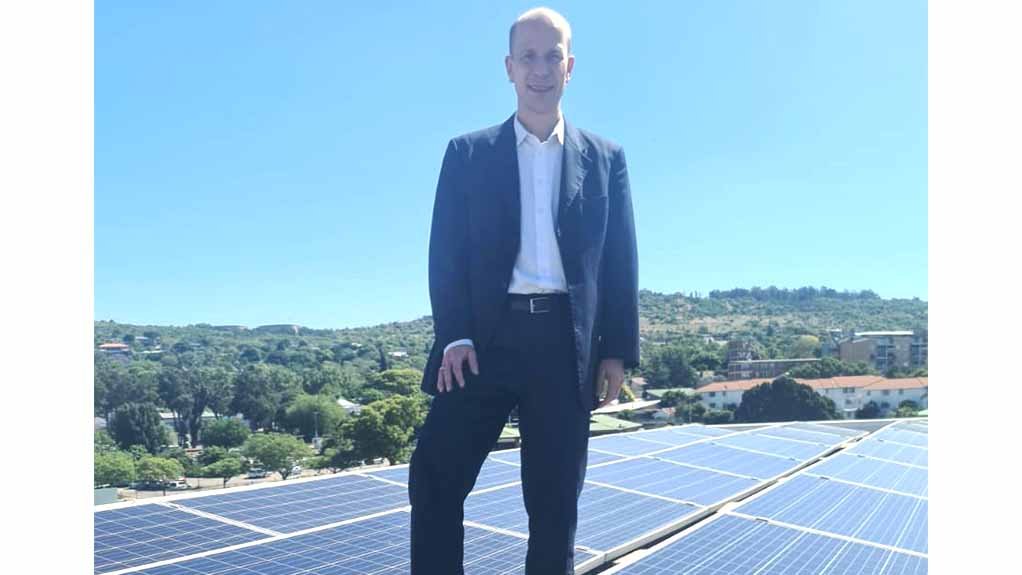Discussions are under way between the German and South African governments regarding the disbursement of the next tranche of the European country’s concessional funding under the $8.5-billion Just Energy Transition Partnership (JETP), initially unveiled in 2021.
Germany has committed to provide $1.4-billion under the JETP, which is also being supported by the other International Partnership Group participants of France, the UK, the US and the European Union.
In November, German development bank KfW concluded a €300-million sovereign loan agreement with the National Treasury following the publication, by South Africa, of the Just Energy Transition Investment Plan (JET-IP) ahead of COP27, which took place in Sharm El Sheikh, Egypt.
The German funding, together with a similar €300-million loan concluded simultaneously between the National Treasury and French development bank AfD, represented the first flow of funds under the JETP.
Sovereign loans are one of several instruments that Germany will deploy under the partnership arrangement, along with support for capacity and policy development, project finance, and grants – grants make up 25% of the German government’s commitment under the JETP.
Known in Germany as ‘policy based loans’, such debt instruments are extended to foreign governments where certain policy conditions are met voluntarily and, in the case of South Africa, are used by the National Treasury to displace other more expensive debt that would have been raised from other sources.
In the case of the 2022 disbursement, the publication of the JET-IP, as well as the South African government’s reform enabling embedded generation projects to proceed without a licence and it commitment to unbundling Eskom, were catalysts for implementation of the loans.
German embassy officials explain that the concessionality arises from the fact that KfW’s credit rating enables it to raise funding at a lower cost than the National Treasury and this lower cost is passed on to the South African government.
Once received, there is no specific earmarking of the funding, as the lender has been satisfied that the policies being pursued by government, and which were a prerequisite for approval, will have a greater impact even than direct project financing.
The embassy officials told Engineering News that various instruments, including another sovereign loan, would be assessed ahead of the second tranche payment, but they were unable to offer specifics on the value or the timing.
Specific project financing opportunities were also being assessed, especially those that would support the expansion or strengthening of South Africa’s transmission grid, with capacity constraints in the Eastern, Western and Northern Cape provinces having emerged as a significant impediment to adding new generation.
The Eskom debt-relief package unveiled by Finance Minister Enoch Godongwana in the February Budget could have implications for funding grid projects, however, as it includes a condition barring the State-owned utility from securing any new loans. That said, the Minister also indicated that Eskom was allowed to approach the National Treasury should it wish to take on additional debt.
The nature of the next large-scale disbursement could also be influenced by the contents of the JET-IP implementation plan, which is currently being drafted by the project management unit in the Presidency.
In the meantime, the German government is moving ahead with various other projects aimed at supporting South Africa’s energy transition and addressing loadshedding.
In mid-March, German Ambassador to South Africa, Lesotho and Eswatini, Andreas Peschke, officially launched a €15-million initiative to provide research and technical support for “catalytic” just transition projects in South Africa’s Mpumalanga province.
Known as Just SA, the project is being funded by the German government’s International Climate Initiative and will be implemented over a five-year period.
While the JETP has received a mixed reception in South Africa, its international profile remains high, with King Charles III making specific reference to it during his historic address in the Bundestag on March 30.
Underlining the close working relations between the UK and Germany, the British monarch said: “We helped initiate the Just Energy Transition Partnership with South Africa at the climate conference in Glasgow. A further such partnership with Indonesia was the result of much work during Germany’s G7 Presidency.”
In his speech during the launch of Just SA, Peschke acknowledged the complexities and anxieties associated with the transition of South Africa’s coal-heavy energy system.
However, he also argued that it presented an opportunity for job creation not only in the renewable-energy field but also for alternative livelihoods in tourism, agriculture and the rehabilitation of Mpumalanga’s natural resources.
“The transition towards more modern sources of energy may also help, in my opinion, to ease the current energy crisis.
“In fact, it may be not only the most sustainable, but maybe also the fastest way to bring new energy to the grid,” Peschke said.
EMAIL THIS ARTICLE SAVE THIS ARTICLE ARTICLE ENQUIRY
To subscribe email subscriptions@creamermedia.co.za or click here
To advertise email advertising@creamermedia.co.za or click here













